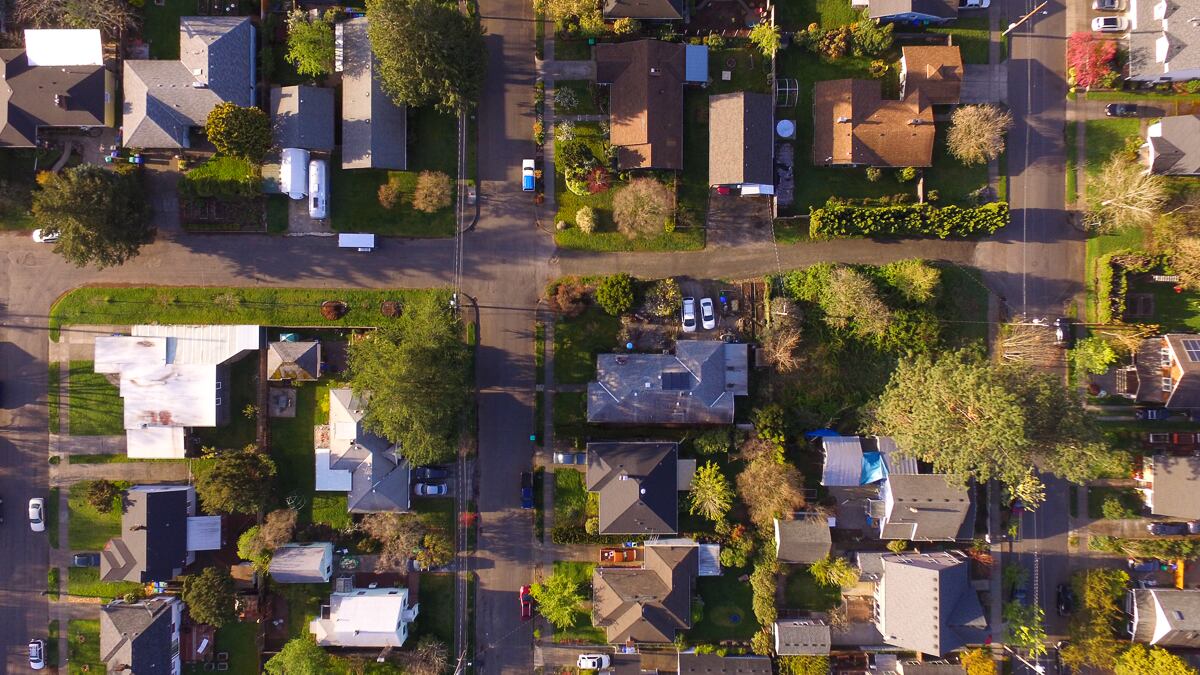There is a former meth house on my block that is for sale. I would bet it hasn’t been decontaminated. Of course, the listing for the “adorable bungalow” does not mention its former use. How can I warn potential buyers? —Lauren M.
Zillow currently describes five homes within Portland city limits as “adorable bungalows.” I’ll rule out the three expensive ones—meth users usually won’t pay extra for amenities like “charming rock garden with antique sundial”—leaving two possibilities, both in the $300K range. It’s a tough call, but I think I’m going to go with the one with holes in the sheet rock, the floors ripped out, and an all-spray-painted living room with the words “Blaze It” on the wall in 3-foot-high letters. You’re right, Lauren—how will we warn these potential buyers, who otherwise might tour this house and never suspect a thing?
Japery aside, even if the house’s past weren’t obvious, it’s not clear a warning is necessary. Sure, the listing agent is stretching the definition of “adorable” to a degree not seen since George W. Bush stretched the definition of “accomplished.” But even though the house is gross, it’s probably not dangerous: A meth house isn’t the same as a meth lab.
A meth house is a place where people use (and often sell) meth. Disturbances are frequent and lawn care tends to be substandard. A meth lab, on the other hand, is a place where people are actually combining lots of toxic, flammable and corrosive chemicals (often with little regard to the relevant Materials Safety Data Sheet) to manufacture as much meth as they can manage.
It’s the difference between neighbors who grill too many steaks and neighbors who run an illegal slaughterhouse in their basement. Meth houses may be annoying (and maybe a tiny bit toxic), but they pale in comparison to labs in terms of potential health hazards. The laws requiring decontamination and buyer notification are primarily concerned with the meth labs (and, occasionally, warehouses) where these hazards are most pronounced.
Luckily for us, these days most meth is produced in Mexico by ruthless, hyperefficient cartels. Those guys can make more and cheaper meth than some yokel in his basement, so stateside meth labs are a lot rarer than they used to be. That’s why I’m guessing your neighbor was merely running a garden-variety meth house. (Though with a little love, it could have been a meth home.)
Questions? Send them to dr.know@wweek.com.

